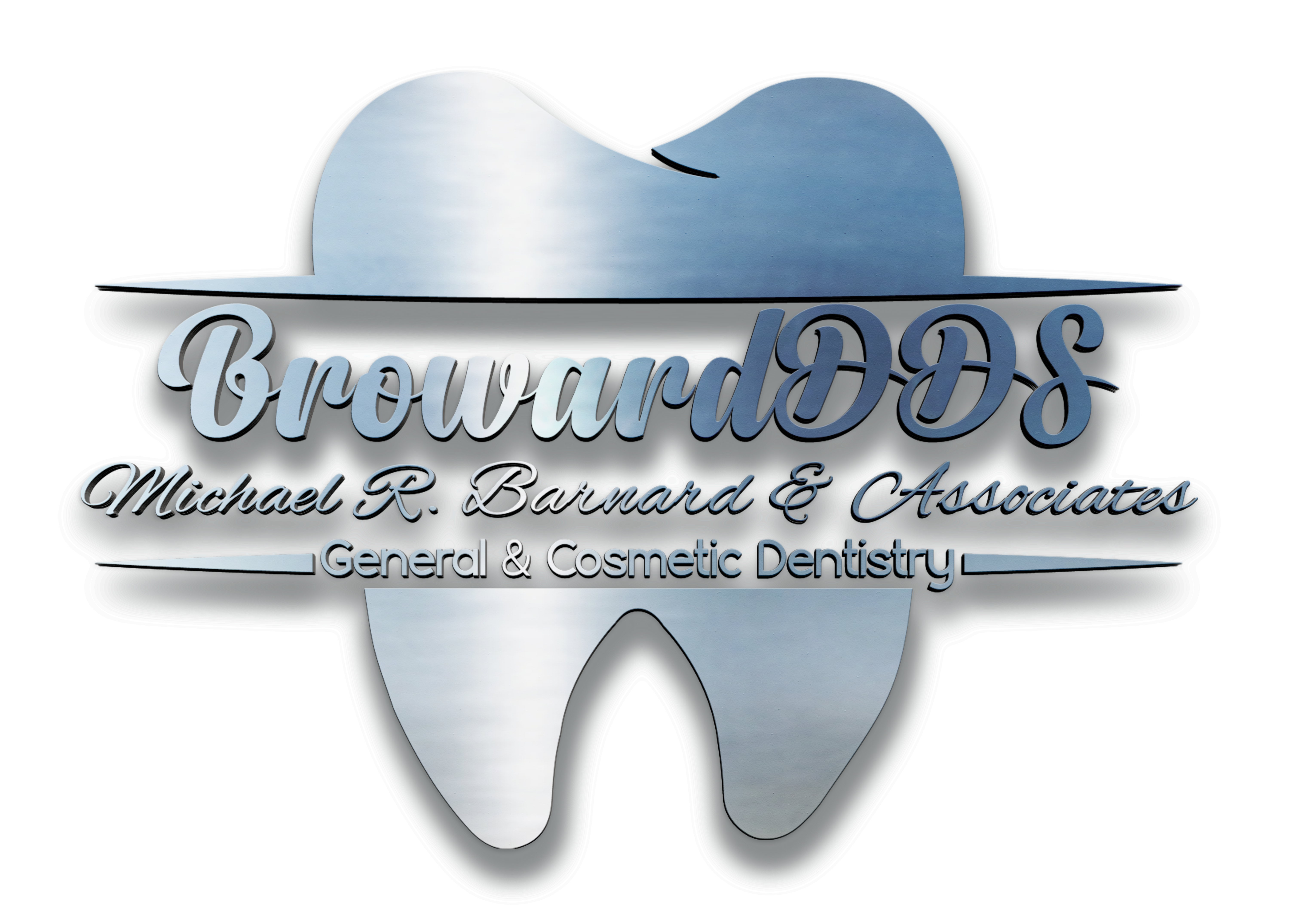
Specialized procedures to address complex dental issues for improved health.

We provide a full spectrum of dental services to ensure optimal oral health and beautiful smiles for our patients.

Our range of dental services designed to enhance your oral health, including cleanings, preventive sealants, cavity detection, digital X-rays, and photography.

Our dental practice specializes in Operative Dentistry, offering essential treatments to restore your smile.

Endodontics treats the inner tooth tissues, including root canals, to save damaged teeth.

Specialized care to prevent, diagnose, and treat gum diseases for better oral health.

Care focused on restoring lost teeth to improve function and aesthetics for a healthier smile.

Specialized treatments aimed at correcting misaligned teeth and jaws for improved oral health and aesthetics.

Advanced solutions for replacing missing teeth with permanent, natural-looking implants.


